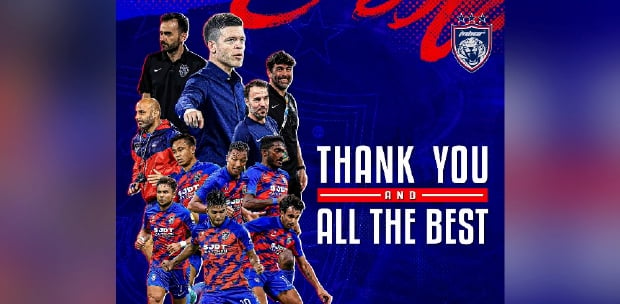It's most likely going to be a challenging year ahead at work for all us.
These last 20 pandemic-stricken months have made a dramatic dent in the fortunes of most organisations. Consequently, everyone is scrambling for business, keeping their overheads tight, and digging deep into their reserves.
Even bosses, senior managers and team leads are going to find themselves squeezed.
The time has come for all businesses to get optimal results from every team member at their workplace. And as such, every company needs increased leadership effectiveness.
For individuals, it means that you need a greater understanding of yourself and others. Your patience and resilience will be tested. And, now is the time to build on your reservoir of self-confidence, self-efficacy, and focused purpose.
How do you do this?
I have found that the most effective way for CEOs and senior managers to do this, is by engaging a leadership coach who will help them recalibrate and prepare.
Leadership coaching provides a powerful career development experience by helping leaders develop valuable new skills that can open up opportunities for personal advancement.
At the same time, coaching helps leaders become better, more skillful managers. This in turn ensures employee engagement and retention throughout the organisation.
A leadership coach not only helps to increase these skills, and the confidence of a leader, but also acts in the capacity of a co-pilot, helping the leader in the trenches with specific challenges, and with the goals that are personal to that leader.
In my leadership coaching career, this is what I do for the people who are sent to me by their companies, or who choose to engage me of their own accord.
So, what have I done specifically for leaders?
My role as a leadership coach is to focus on concrete issues, such as helping leaders to manage people more effectively, or to speak more articulately, or to think more strategically.
I usually get involved with a coachee for a specific period of time, perhaps for between 9-12 months. It also depends on the purpose of the coaching relationship.
My singular objective at these sessions is to work with the leader to improve their performance on the job, which usually entails better people management, stakeholder engagement, and result orientation.
Often, we consider how they can enhance their current skills, or what they would need to do, to acquire new skills. And, once a leader feels that they have successfully heightened their skills by their engagement with me, I am no longer needed.
The coaching sessions are individually designed and I coach on almost all leadership topics.
Sometimes, I am asked by companies to coach a group of employees. For this, I might design the sessions by considering areas of competency, and perhaps fix some assessment tools. But by and large, leadership coaching sessions are custom-made for you.
The only critical partner I need is my coachee's immediate line leader. They will provide me feedback on areas where their down liner is in need of coaching. Even then, I only use this information as a guide in my sessions.
Now that I have described what I actually do for someone as a coach, you can see that leadership coaches are not instructive. They help become accountability partners and offer alternative perspectives to the leader.
In fact, my feedback is always grounded on getting the leader to reflect on their needs, motivation, and aspirations. Ultimately, a leadership coach will help you think about what you really want.
The reality is that even top executives, like the managing director of a company, needs an accountability partner, and someone who can spur in them deeper analysis.
As coach, I offer an outsiders perspective. I have no vested interest in your day to day operations, and I cannot influence your remuneration package or bonus payments.
Any and all feedback a coach offers is purely based on their experiences. It is entirely up to you, to glean insights from the conversations you have with your coach.
Many shy away from engaging leadership or performance coaches because of the myth that coaching is only for employees, as a last grasp effort, before they are shown the door. Or, that it is about filling a leadership gap that you have but you do not want to admit.
Nothing can be further from the truth.
Coaching is for winners who want to step up to the next level of personal and career growth. Coaching is also about redefining your future, by helping you recalibrate your attitude, to support your work ambitions.
Get a coach, or better still, get in touch with me if you want to get past the inevitable tough challenges this coming year.
Shankar R. Santhiram is managing consultant and executive leadership coach at EQTD Consulting. He is also the author of the national bestseller "So, You Want To Get Promoted?
The views expressed in this article are the author's own and do not necessarily reflect those of the New Straits Times






